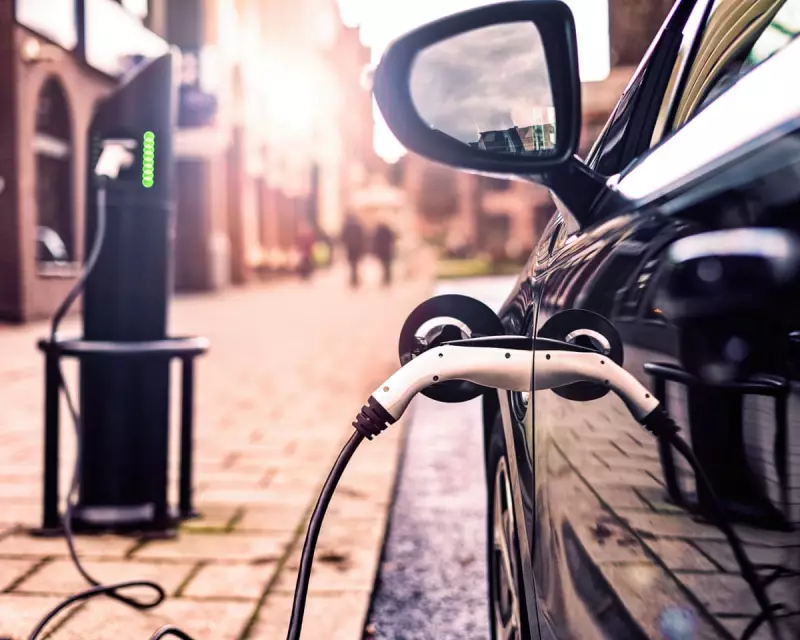
In a revelation that's sending shockwaves through the automotive industry, new evidence suggests hybrid cars might not be the environmental saviours they're marketed as. While sales continue to climb, experts are questioning whether these part-electric, part-petrol vehicles are genuinely green or simply greenwashed profit machines.
The Profitability Paradox
Carmakers are enjoying unprecedented profit margins from hybrid vehicles, often exceeding those of both traditional petrol cars and fully electric vehicles. The secret lies in the manufacturing process - hybrids share most components with conventional cars while commanding premium prices from environmentally conscious consumers.
Industry insiders reveal that the transition to hybrids requires minimal retooling compared to full electric vehicle production, allowing manufacturers to maintain existing supply chains and production lines with only modest modifications.
Real-World Emissions: The Dirty Secret
Perhaps most concerning is the gap between laboratory test results and real-world performance. Many hybrid owners rarely charge their vehicles, essentially using them as conventional petrol cars carrying heavy, unused battery systems.
Transport analysts note that when not regularly charged, hybrids can actually produce higher emissions than their conventional counterparts due to the additional weight of battery packs and electric motors.
Government Policy Under Scrutiny
The UK government's continued support for hybrid technology through subsidies and tax incentives is facing renewed criticism. Environmental groups argue that public money is being directed toward what amounts to a transitional technology at best, and an environmental placebo at worst.
"We're subsidising the automotive industry's comfort zone rather than driving meaningful change," one policy expert commented. "The focus should shift decisively toward full electrification and improved public transport."
The Consumer Conundrum
For British drivers, the hybrid dilemma presents a difficult choice. While offering reduced emissions during short urban journeys, their environmental benefits diminish significantly on longer routes and when not properly utilised.
Consumer advocates are calling for clearer labelling and more honest marketing to ensure buyers understand exactly what they're purchasing and how to maximise their vehicle's environmental potential.
The Road Ahead
As the 2030 ban on new petrol and diesel car sales approaches, the role of hybrids in Britain's transport future remains uncertain. Some experts suggest they serve as a valuable stepping stone, while others argue they're delaying the inevitable transition to fully electric transportation.
What's clear is that both policymakers and consumers need to look beyond the marketing hype and examine the hard data about what hybrid vehicles truly deliver for both wallets and the planet.





